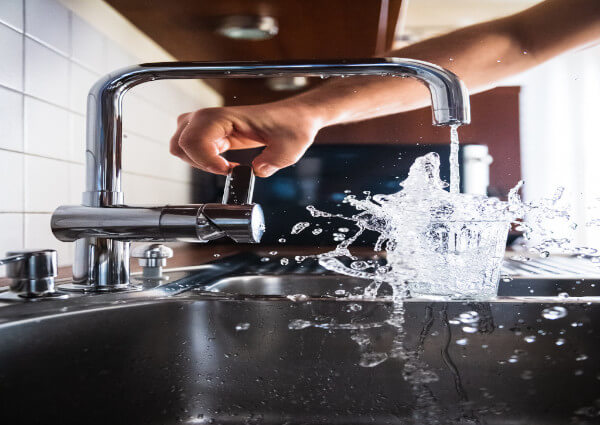 Today, we want to take the time to answer a question we get pretty often from homeowners: “How can I tell when I’m experiencing a plumbing emergency?” As you know, when you have a plumbing problem, you’re either going to schedule an appointment for a standard service call or call for emergency plumbing services. It can be difficult to determine what constitutes a true plumbing emergency. Many of your plumbing issues can seem quite urgent because so many of them involve potential water damage. We’re here to make it simple today.
Today, we want to take the time to answer a question we get pretty often from homeowners: “How can I tell when I’m experiencing a plumbing emergency?” As you know, when you have a plumbing problem, you’re either going to schedule an appointment for a standard service call or call for emergency plumbing services. It can be difficult to determine what constitutes a true plumbing emergency. Many of your plumbing issues can seem quite urgent because so many of them involve potential water damage. We’re here to make it simple today.
We’re experts in everything plumbing in Peoria, AZ. We want to help you figure out when you need to make that after-hours call versus what can wait. Let’s get into a few instances that you should call us urgently below.
Reasons to Call for Emergency Plumbing
These are the questions that you should ask yourself if you’re trying to determine if you’re having an emergency plumbing problem or not.
What’s the Weather Like?
So let’s start off by checking the weather. We know that this may seem like we’re getting off topic, but it actually has a lot to do with your home’s plumbing services. Here in Arizona, the weather you’re going to want to watch out for is our extreme warm weather. This is the weather we’re experiencing here more often than not and it can exacerbate certain plumbing issues. If you’re having a sewer issue during a heat wave, the heat combined with the scent of a sewer can make your home quite the unpleasant place to inhabit. This can potentially escalate an otherwise benign situation into a plumbing emergency.
Will There Be More Damage If I Leave the Problem Alone?
Now you should weigh the risk of waiting. Let’s say that you determine whatever you’re experiencing isn’t a plumbing emergency. This problem struck outside of normal HVAC hours and you’re going to wait until tomorrow morning to call a plumber to address the issue. Is this going to put your home at risk? Things like major leaks or gas line problems can put your home at risk and we suggest bumping these up into the emergency zone.
Can You Turn the Appliance or Fixture Off?
If you’re having trouble with a minor leak and you can shut off the water flow to that fixture, this might not be a plumbing emergency. We suggest taking this route if possible and then calling a professional to get them out to your home at their earliest availability.
Do You Need to Use this Plumbing System Soon?
The frequency that you use a certain plumbing system can actually determine whether something is a plumbing emergency or not. If you have one bathroom at home and you’re having no water flow from your showerhead, then this would automatically become a plumbing emergency. The same logic would apply if you were having an issue like this with your toilet. Don’t wait if you need a fixture or appliance urgently.
Contact The Trusted Plumber when you want quality emergency plumbing services in the area.
Did you miss our previous article…
https://www.davieplumbingandsupplyfl.com/?p=239

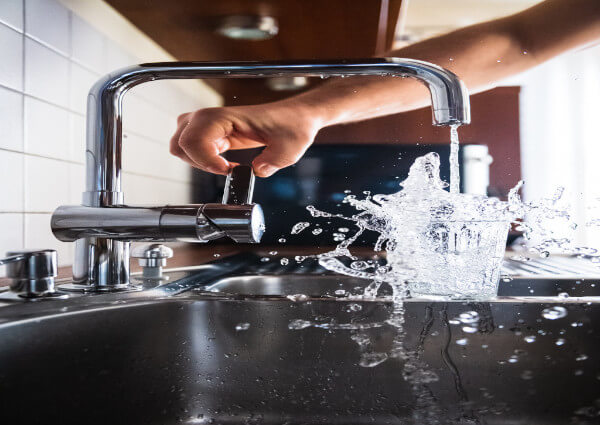
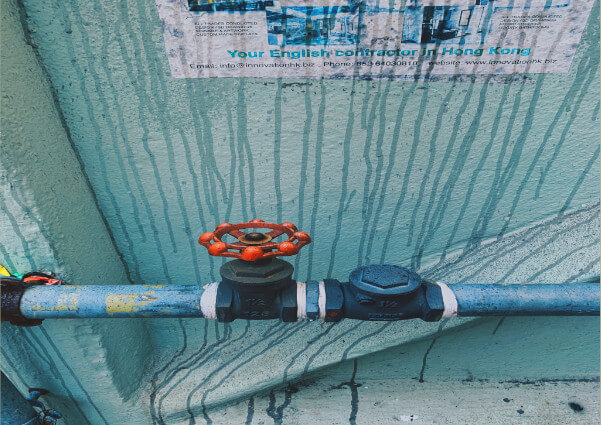
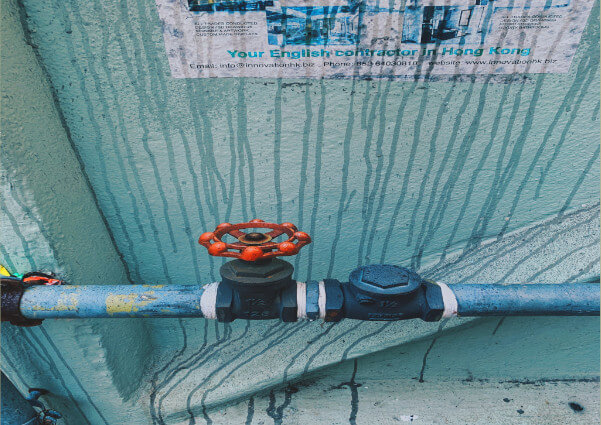 If you’re on the market for a new water heater system, then the main thing you need to decide is if you’re going to go for a tank or tankless model. Most people in our area go for a tank water heater system. This is more than likely what you’ve got at home right now. When it’s time to upgrade, most homeowners only consider getting an updated version of their current system. We want you to know that this isn’t your only option.
If you’re on the market for a new water heater system, then the main thing you need to decide is if you’re going to go for a tank or tankless model. Most people in our area go for a tank water heater system. This is more than likely what you’ve got at home right now. When it’s time to upgrade, most homeowners only consider getting an updated version of their current system. We want you to know that this isn’t your only option.

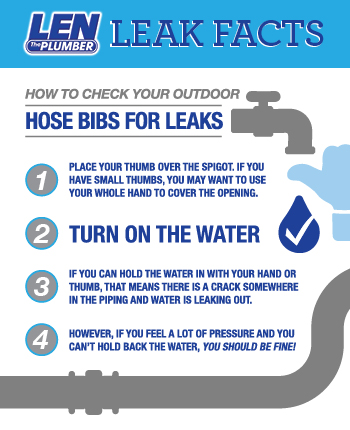
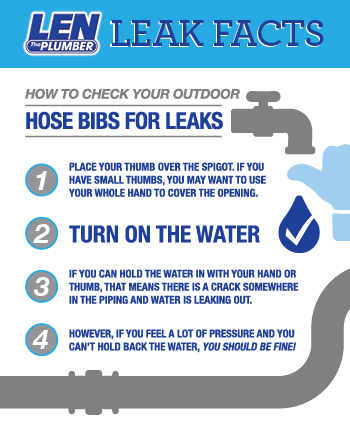
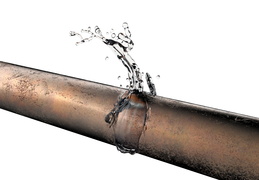
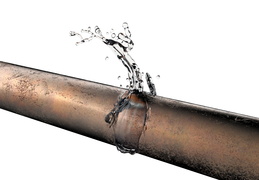
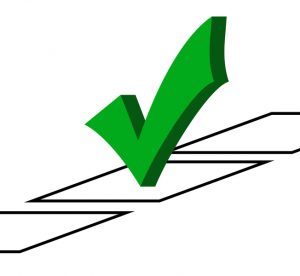
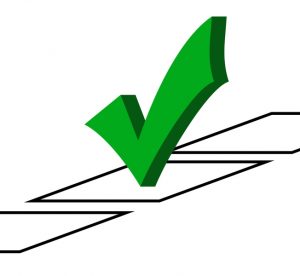


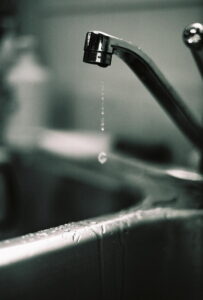
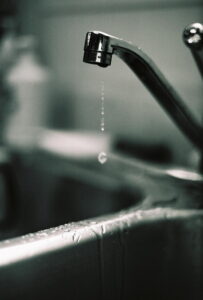

 Are you wondering when you should get yourself a new water softener for your home? It’s a great question to ask yourself. Especially when this time of year rolls around. Fall is a season that provides enough relief from extreme temperatures long enough to allow you to think about the finer details of your home comfort.
Are you wondering when you should get yourself a new water softener for your home? It’s a great question to ask yourself. Especially when this time of year rolls around. Fall is a season that provides enough relief from extreme temperatures long enough to allow you to think about the finer details of your home comfort.
